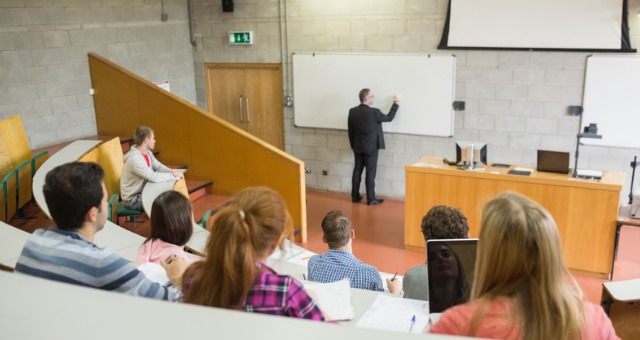The graduation gap continues to exist between traditional and nontraditional students. Although the classroom experience has not been the focus of most institutions’ retention and persistence efforts, faculty can and do play a major role for improving the retention and success of all students. It’s a topic covered extensively in my new book, Creating the Path to Success in the Classroom: Teaching to Close the Graduation Gap for Minority, First-Generation, and Academically Unprepared Students, released earlier this month. While recognizing that there are no easy answers, I offer ideas that can be incorporated in, or modified to align with, faculty’s existing teaching methods. Following are a few excerpts from chapter two, where I suggest five steps for promoting an inclusive classroom:










